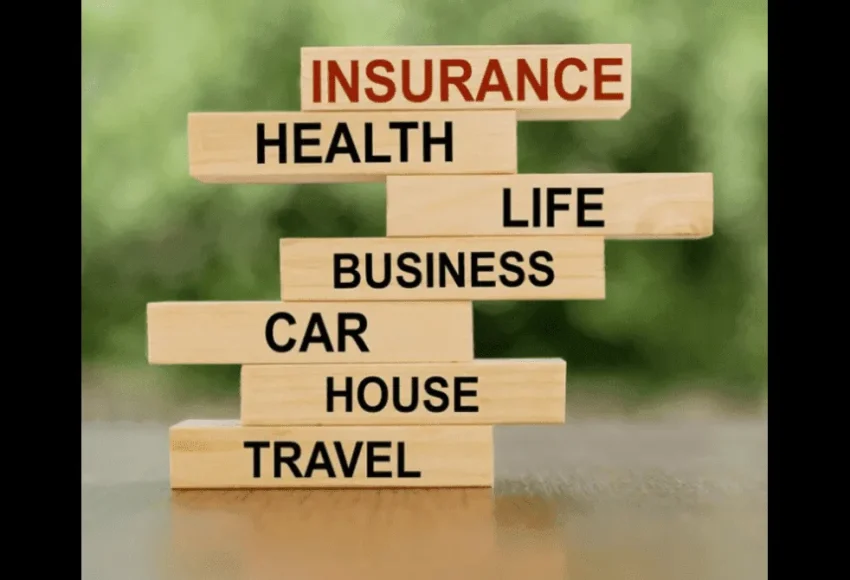With so many auto insurance companies promising to save you money, it would be surprising if you weren’t tempted to look into switching auto insurance companies.
And you should, because there’s very real potential for a significant cut in your insurance premiums.
But when can you cancel your auto insurance? The good news is that you don’t necessarily have to figure out when your current policy expires? You don’t have to wait for that to happen before moving to a new insurance company.
Here’s what you need to know when switching auto insurance companies.
Switching auto insurance companies? Know your policy
You can always switch insurers without a penalty every time your current policy expires. If you go this route, don’t wait until the expiration date. When switching auto insurance companies make sure that you maintain continuous coverage to comply with state auto insurance requirements. Likewise, insurers might charge more if you have a gap in your coverage.
So shop for a new policy and then set the start date of that coverage to coincide with the expiration of the old policy. Policy documents should show the expiration date of your current policy, and the company or insurance agent can always tell you if you ask. Don’t forget to tell your current insurer not to renew the policy of your auto insurance.
Know if there’s a penalty for canceling early
When switching auto insurance companies, your current coverage may refund a prorated portion of premiums you’ve paid. However, it may charge a penalty for early cancellation. You could read your policy to find out if there’s such a penalty for switching auto insurance companies and how much it is, or just ask your company or agent.
Many insurers do not have a penalty, and, if your current carrier does, the charge may be less than the savings you’ll get from switching.
Just like when switching at the expiration of your current policy, you’ll want to make sure your new coverage kicks in at the same time as your old policy is canceled. A gap in your coverage will violate state insurance requirements and could boost your rates.
Shop around for the best auto insurance deal
Don’t just go with the company that has the most persuasive ads or that saved your friend or relative a bunch of money when switching auto insurance companies.
Each insurer weighs factors that affect auto insurance premiums differently, and there are a lot of factors, such as where you live, driving record, gender, credit history, age, whether you’re married and own your home, what kind of vehicle you drive, what you use your car for, how much you drive and how much coverage you want.
So the company that provides the lowest rates for one driver or in one place might be nowhere near the best deal for another or elsewhere.
Make sure you’re comparing policies fairly
When preparing a proposed policy for you to consider, insurance agents or companies may look to tailor a policy to what they think you need, rather than just quoting you a price for coverage equivalent to what you have now.
There’s nothing necessarily wrong with that. It may be that your current coverage is more than you need. But you want to make sure that, when switching auto insurance companies, the policies you compare really are equivalent and really do provide the right protection for you and your family.
Don’t just look at the price of your insurance premium
While most of us naturally consider the premium first and foremost when shopping for auto insurance, price is not the be all and end all.
You want a company that’s easy to deal with when it comes to routine interactions, and service becomes really important if and when you need to make a claim or have your insurer represent you after an accident that may have been your fault.
So pay attention to insurer ratings and reviews. J.D. Power rates car insurers on the shopping experience, including policy offerings, pricing and interactions with agents. It also looks at claims satisfaction, including appraisal, the repair process, rental car coverage and final settlement.
Finally, J.D. Power rates insurers in 11 U.S. regions, considering policy offerings, price, billing, interaction and claims. Consumer Reports also rates car insurers, although you must subscribe to access the ratings.
Another good place to look is the National Association of Insurance Commissioners Consumer Information Source. It provides information on consumer complaints found to be valid by state and company. One complicating factor with this source is that it goes by specific company name, and many insurers operate multiple subsidiaries.
One final point to mention when switching auto insurance companies is that shopping shouldn’t be a one-time activity.
Check around every year or two to ensure that your insurer is still offering you the best deal you can get, and pay attention to insurance ratings in case your company’s reputation declines.
And, if and when you do decide on switching auto insurance companies, make sure you time the start of the new policy so that you don’t have a gap in your coverage.
We’ve mentioned this already, but such a gap could violate state requirements and boost your rates.



